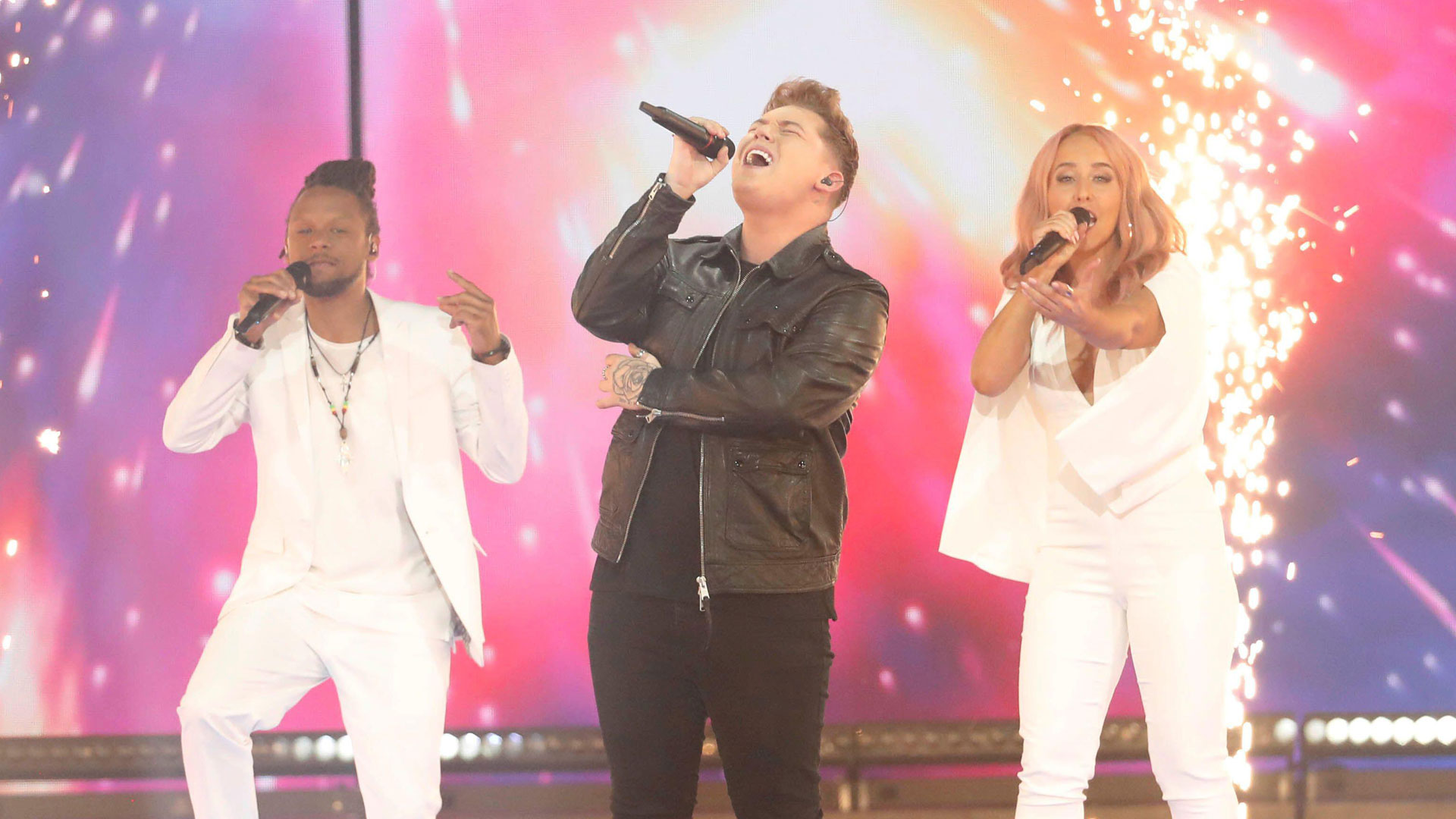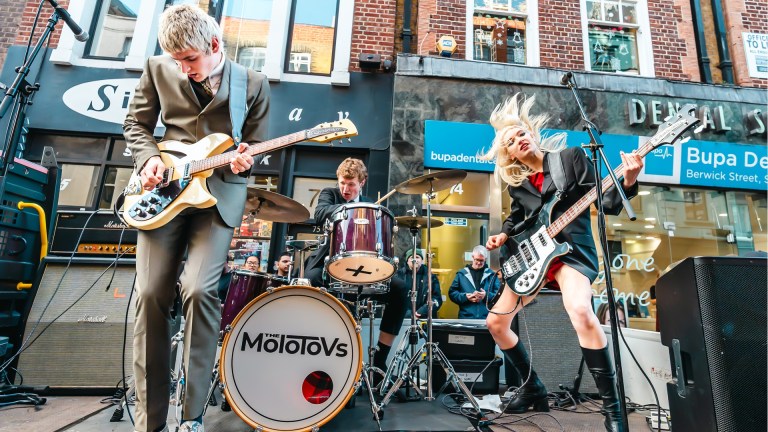“The European Song Contest,” states clause 2.7 of the competition’s 3,500-word rules sheet, “is a non-political event”. That laughter you can hear right now coming from Eurovision fans around the world is the type of disbelieving hilarity typically reserved for whichever unfortunate lamb-to-the-voting-slaughter the chronically unpopular UK has sent as a contestant merely for appearance’s sake. For all the competition’s good intentions in ensuring that it “shall in no case be politicised” – more laughter – Eurovision is in truth about as apolitical as it is beige, conservative and staunchly heterosexual.
In an extravagant, emotionally charged contest of nations featuring many entrants who are either directly or indirectly state-sponsored, certain agendas can’t help but creep to the fore. Whether through plainly geopolitically informed bloc voting, or unsubtle digs at one another between quarrelling neighbours, Eurovision is so much more than a mere contest of songwriting and performance.
Its ungovernable politicism is one of the things that makes the annual live TV event – too readily written off by many as vacuous, artistically negligible fluff – such absurdly entertaining and fascinating and dare-I-say essential viewing; a once-a-year window into the chaotic mind and soul of a continent as it celebrates its cultural peculiarities and commonalities, while also expressing its differences not by lobbing mortar shells at one another over disputed borders, but by cranking out some seriously catchy OTT sad bangers and elaborate dance routines. Which, whatever your feelings about OTT sad bangers and elaborate dance routines, must count as some kind of progress for humanity, no?
Outside of sport, Eurovision may in fact be the last public example of pan-European co-operation in which Britain still partakes
Launched in 1956 as a way of trying to help reunite a continent that had just been riven by the biggest and bloodiest internecine conflict in history, Eurovision was a soft-power political instrument at its very inception – a kind of United Nations for chanson singers in tasteful frocks. Whether Eurovision’s founders one day envisioned the contest going on to welcome all from transgender divas to pantomime metal bands, bearded drag queens, Australians and Engelbert Humperdinck, who can say, but as times have changed so too has the competition adapted and grown, becoming a liberal progressive force in the process. How many other major live TV events once a year beam what is among many other things a massive celebration of LGBT+ culture into the homes of nearly 200 million people worldwide, including nations such as Russia, Ukraine and Armenia, where queer people continue to face state-sanctioned discrimination and persecution? Exactly none.
The Eurovision powers-that-be do attempt, albeit selectively, to enforce their rule about the competition remaining “non-political”. But certain heated issues can’t help but spill into proceedings. The ongoing conflict between Armenia and Azerbaijan over the disputed region of Nagorno-Karabakh has repeatedly become entangled with Eurovision, whether through flag-waving incidents or censorship of one another’s performances by state broadcasters. In 2016, Ukraine’s Jamala won Eurovision with the song 1944, a sad banger about Soviet deportation of the Crimean Tatars during World War 2 – a thinly veiled criticism of Russia over its recent bloody incursions on to Ukrainian soil (the following year Russia opted not to take part as Ukraine hosted). The very fact of Israel being permitted to compete in Eurovision at all, much less host the competition on three occasions since 1979, is intolerable to many considering that nation’s record of human rights abuses against Palestinians.





